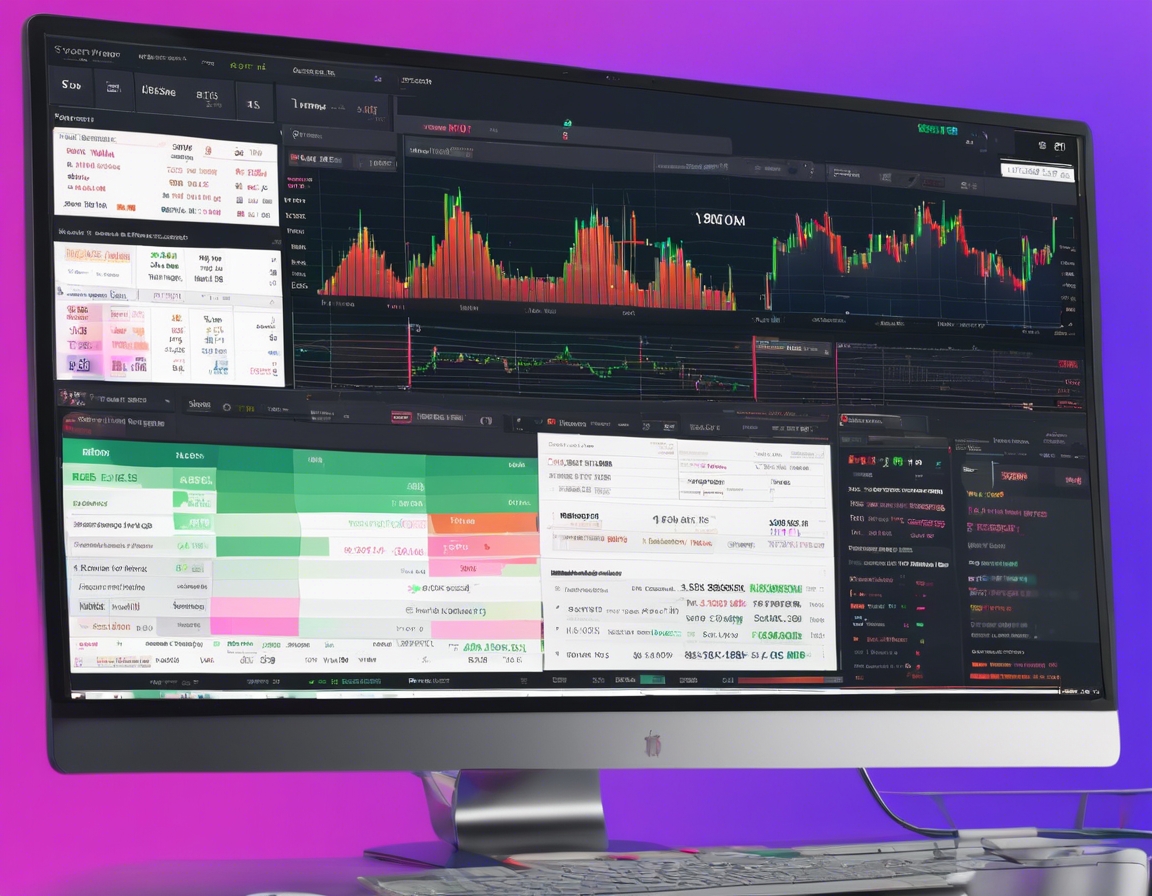Cryptocurrency accounting: a beginner's guide
Cryptocurrency is a digital or virtual form of currency that uses cryptography for security and operates independently of a central bank. It's built on blockchain technology, which ensures transparency and immutability of transactions. As cryptocurrencies like Bitcoin, Ethereum, and others gain popularity, they become more integrated into business operations, making understanding their accounting implications essential.
Accurate accounting is crucial for businesses dealing with cryptocurrencies. It ensures financial statements reflect true economic activity, aids in strategic decision-making, and complies with tax regulations. With the volatile nature of cryptocurrencies, maintaining precise records is both a challenge and a necessity.
Basic Principles of Cryptocurrency Accounting
Cryptocurrencies are considered intangible assets under most accounting frameworks. They must be recorded on the balance sheet at acquisition cost and subsequently measured at fair value, with changes recognized in profit or loss.
Valuation is a complex aspect of cryptocurrency accounting due to market volatility. Cryptocurrencies should be valued at their fair market value on the date of each transaction. This requires constant monitoring of cryptocurrency exchanges and price fluctuations.
Every transaction involving cryptocurrencies must be tracked and recorded in real-time. This includes the date, amount in cryptocurrency, the fair value in fiat currency, and the purpose of the transaction. Utilizing specialized accounting software can streamline this process.
Accounting for Different Types of Cryptocurrency Transactions
Accounting for trading and investment in cryptocurrencies involves recording the initial purchase, any gains or losses from changes in value, and the eventual sale or exchange. These transactions can have significant tax implications, particularly regarding capital gains tax.
Cryptocurrency mining, the process of verifying transactions and adding them to the blockchain, generates taxable income. Miners must account for the fair market value of the mined cryptocurrency at the time it's received.
Using cryptocurrency to pay for goods or services must be treated like any other transaction. The value of the cryptocurrency must be converted to its fair market value in fiat currency at the time of the transaction for accounting and tax purposes.
ICOs and token sales present unique accounting challenges. They must be carefully analyzed to determine if they should be accounted for as a sale of securities, a prepayment for goods or services, or another financial instrument.
Regulatory Compliance and Taxation
Businesses must understand their tax obligations when dealing with cryptocurrencies. This includes determining the tax treatment of various transactions and ensuring compliance with IRS guidelines and other tax authorities.
Proper reporting and documentation are key to compliance. This involves maintaining detailed records of all cryptocurrency transactions, including dates, values, and purposes, to support tax filings and potential audits.
For businesses operating internationally, understanding the tax implications in different jurisdictions is critical. Cryptocurrency regulations can vary widely by country, and staying compliant requires diligent research and potentially the assistance of experts.
Choosing the Right Cryptocurrency Accounting Software
When selecting cryptocurrency accounting software, look for features such as real-time tracking, integration with existing financial systems, and comprehensive reporting capabilities. The right software should simplify the accounting process and ensure accuracy.
Integration with traditional accounting systems is essential for a seamless financial workflow. The chosen software should be able to communicate with other financial tools to provide a holistic view of a business's financial health.
Best Practices in Cryptocurrency Accounting
Regular reconciliation of cryptocurrency transactions with bank statements and other financial records is vital to ensure accuracy and prevent fraud.
The regulatory landscape for cryptocurrencies is constantly evolving. Businesses must stay informed on changes to accounting standards and tax laws to remain compliant.
Given the complexities of cryptocurrency accounting, working with professionals who specialize in this area can be invaluable. They can provide guidance on best practices, software selection, and compliance matters.






Comments (0)